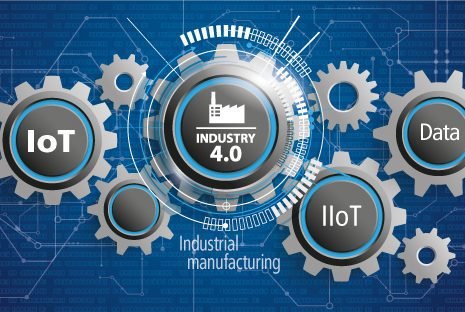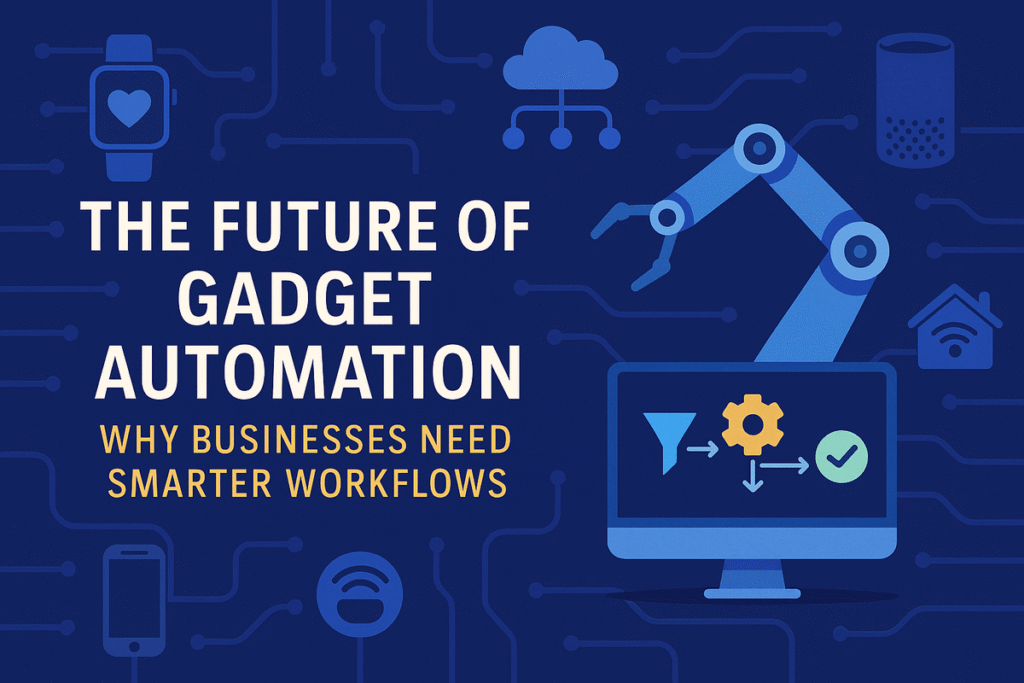
Industrial IoT is a rapidly progressing sector in almost all industries. Industrial IoT is carrying such capabilities enabling operational efficiency, productivity, and performance like never seen before.
Industry experts have assumed that by 2020, IIoT will be a $225 billion market that will have great impacts in modern manufacturing including increasing efficiency, further efficient maintenance, asset monitoring to create a new age of industrial growth and competitiveness.
The main aim of this article is to give a holistic view of the manufacturing industry about the possible use cases of Industrial IoT and ways of leveraging it.
As per the TATA Survey, Manufacturing industry leaders investing in IIoT are reporting benefits, including efficient and increased productivity. It’s thus critical to observe IIoT use cases will progressively expand in the future.
Here’s a compilation of such industrial IoT use cases in manufacturing and their benefits:
Connected Factory:
Almost all factories today have machines that work in isolation. The appearance of low-cost, low-powered Industrial Internet of Things platforms enables those in charge to make decisions depends on real-time insights and patterns. Assume a factory manager with wearable technology connected to every machine on the floor of the factory.
The device informs them immediately of any irregularities in the manufacturing process then suggests solutions and even automatically implements solutions based on previous data patterns.
In the manufacturing process, higher efficiency means high profits. Downtime is an important aspect of this. Connected factories will keep this to a complete minimum through the constant monitoring of equipment and devices.
Read Also Let Your Mobile apps be More Human by Including IoT and Bots
Production flow monitoring:
IoT in manufacturing allows the monitoring of production lines starting from the refining process to the packaging of final products. In the Digital factory, IoT can support production flow monitoring using sensors that provide insights in real-time.
These insights involve overall machine performance as well as analyzing specific components of the machine.
IoT sensors can give insights into the production levels of individual machines and can even initiate an order for new parts, make a service call or adjust processes to reduce machine damage or production slowdowns.
Inventory Management
As per a recent research report, only 33% of manufacturers use inventory management software, and the rest are still relying on either Excel or paper-based methods.
IIoT in inventory management helps to turn the data fetched by RFID readers into significant insights about inventory items such as a location, statuses, movements, etc., and giving users the appropriate output. IoT applications allow the monitoring of events across a supply chain.
By using these systems, the inventory is monitored and traced globally on a line-item level and the users are informed of any significant variations from the plans.
Plant safety and security
IoT integrated big data analysis can enhance the overall worker’s safety in the plant. By analyzing the Key Performance Indicators of health and safety, such as the number of injuries, illness rate, vehicle incidents, and property damage or loss during regular operations. Thus, efficient monitoring allows for better safety.
Logistics and supply chain optimization
The Industrial IoT can give access to real-time supply chain information by tracing materials, equipment, and products as they pass through the supply chain. Efficient reporting allows manufacturers to gather and enter delivery information into ERP, PLM, and other systems.
By connecting plants to suppliers, all the systems related to the supply chain can track interdependencies, material flow, and manufacturing cycle times.
This data will help manufacturers observe issues, minimizes inventory, and potentially reduces capital requirements. Everyone in the supply chain process, right from the manufacturer to the customer, benefits from the growth that IoT brings.
Whether it’s vendor management, fleet management, product enhancement, equipment maintenance— IoT is transforming the whole process.
Facility Management
The utilization of IoT sensors in manufacturing equipment allows condition-based maintenance alerts. There are a lot of analytic machine tools that are designed to work within certain temperature and vibration ranges.
IoT Sensors can actively analyze machines and give an alert when the equipment varies from its prescribed parameters. Sensors can give condition-based maintenance alerts to facility managers and real-time energy monitoring.
Lighting and HVAC which help to reduce the temperature of the air are vital areas where facilities costs are being decreased significantly.
A solution for lighting is to have occupancy sensors, timers based on manufacturing schedules thus only lighting areas that are occupied or that actually need light.
Both HVAC and lighting systems are required for controlling energy costs and part of a total energy management system for facilities.
Industrial IoT has the capability to radically modify manufacturing. The fact is that more and more data will be created from increasingly connected equipment systems and that to notice essential & valuable actionable insights through IIoT is limitless.
The step-by-step guide of the Internet of Things Course Training will give a detailed structured view of all such Industrial IoT technology in various industries.






Leave a Reply